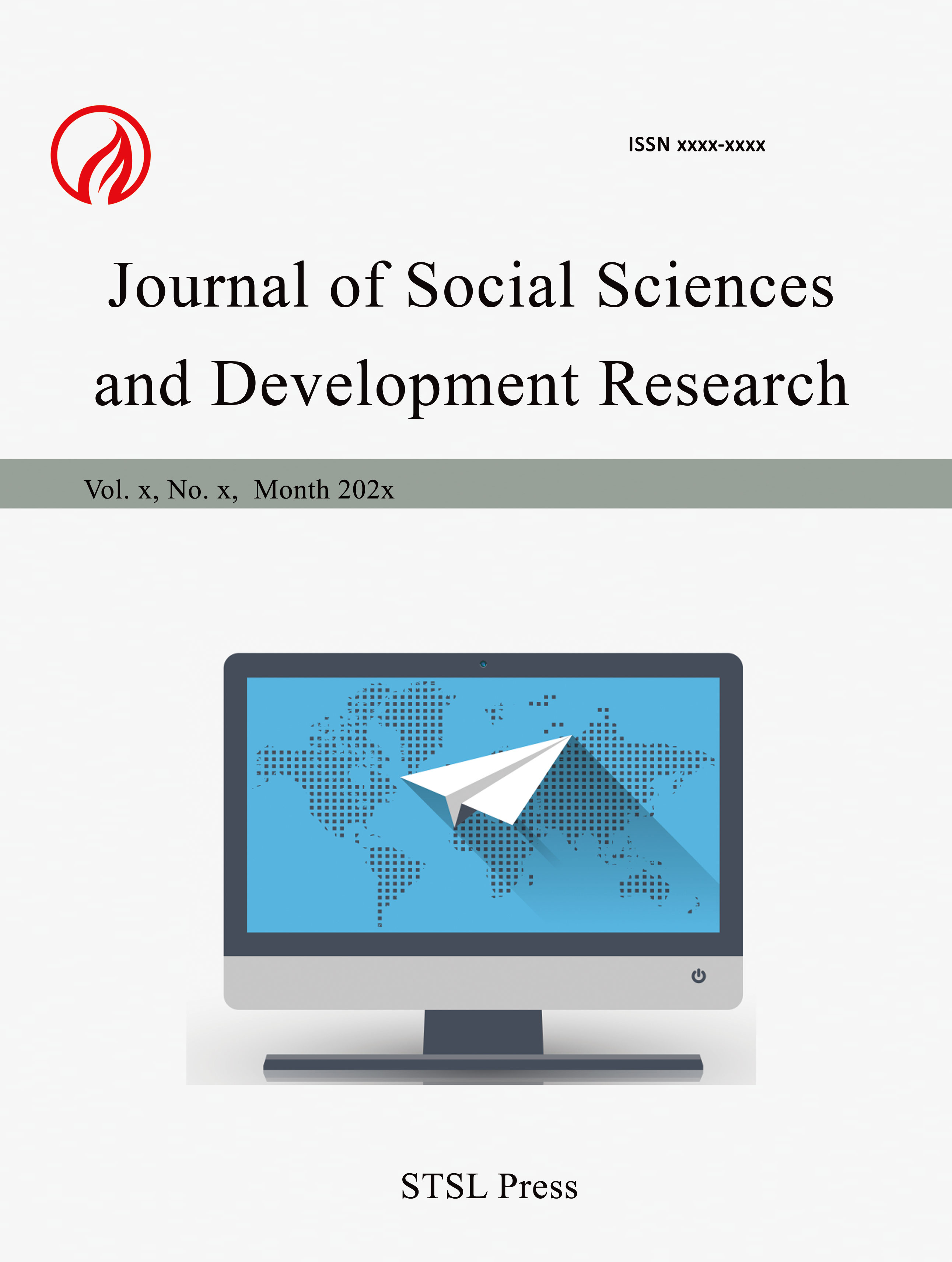Does Classroom Discourse in Sri Lankan Secondary Level Bilingual Classes Assist in Language Development?
Navaz, A. M. M.
Ahmed, A.
Abstract
Bilingual education in Sri Lanka has gained prominence as the country strives to improve students' English proficiency, which is essential for higher education and global employment. This study explores the role of classroom discourse, specifically teacher talk, in promoting English language development in secondary-level bilingual classrooms. Using Swain’s Output Hypothesis and Vygotsky’s sociocultural theory as frameworks, the research examines how teacher talk either facilitates or impedes students' English language acquisition. The study was conducted in the Ampara District, focusing on bilingual instruction in subjects such as Geography and Science. Classroom observations, lesson transcriptions, and thematic analysis of teacher-student interactions revealed that key strategies such as scaffolding, questioning techniques, positive feedback, and vocabulary reinforcement support language development. However, issues such as excessive teacher talk and limited opportunities for student participation were identified as barriers. The findings highlight the critical role of teacher talk in fostering English proficiency and suggest that enhanced teacher training could improve bilingual education practices in Sri Lankan schools.
Paper:
pdf
DOI:
https://doi.org/10.71002/jssdr.v2n1p1
 This work is licensed under a
Creative Commons Attribution 4.0 License.
This work is licensed under a
Creative Commons Attribution 4.0 License.
Contact us
- Michael Schaper
- jssdr@stslpress.org
